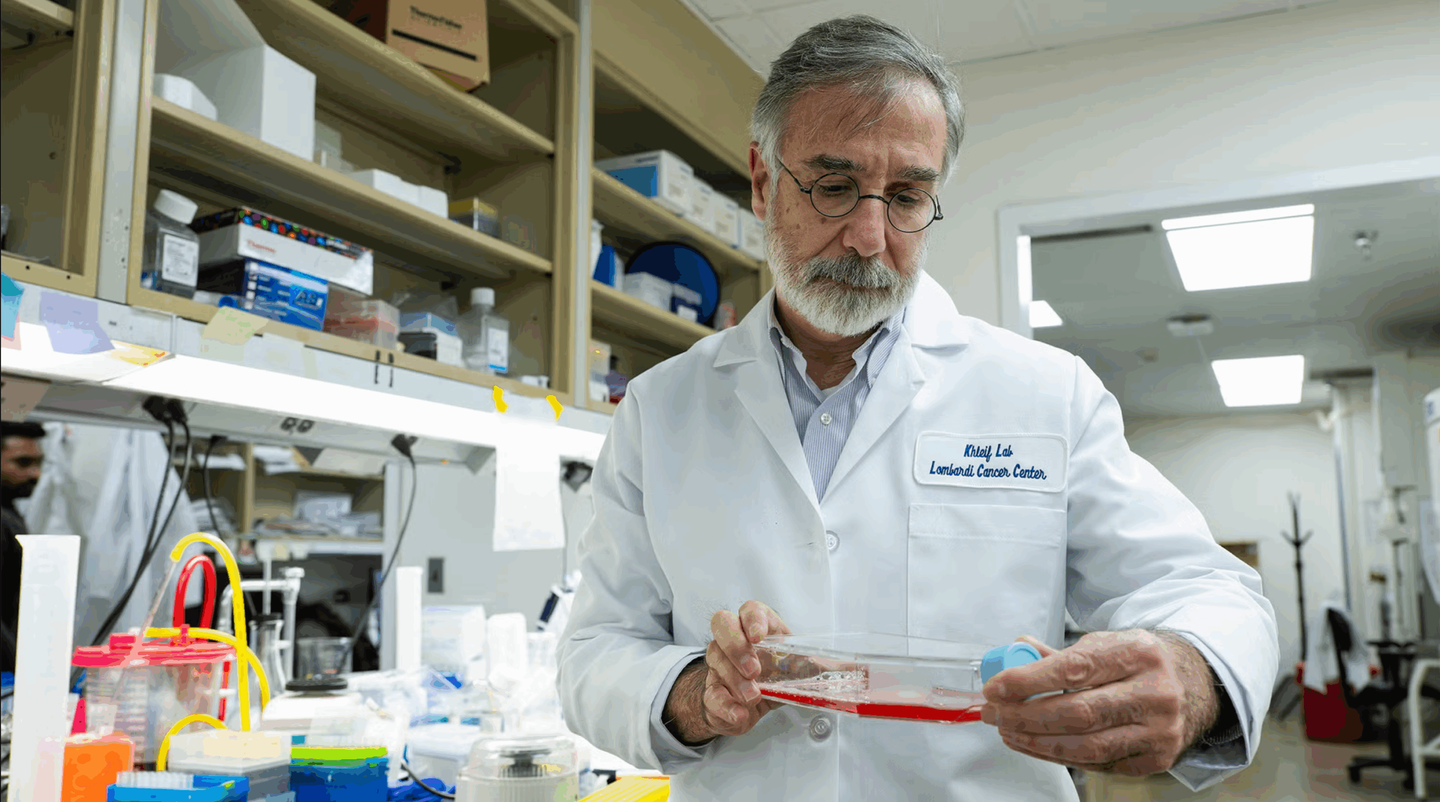Global study finds cannabis and psychedelics ease eating disorders
Global study shows cannabis and psychedelics ease eating disorder symptoms better than alcohol and antidepressants.

Cannabis and psychedelics rated best for easing eating disorders; survey urges more clinical trials. (CREDIT: Shutterstock)
A groundbreaking new survey is shedding light on how people with eating disorders are turning to alternative substances—particularly cannabis and psychedelics—to manage their symptoms when traditional treatments fall short.
The study, which collected responses from more than 7,600 people across 83 countries, found that non-prescription drugs like cannabis, LSD, and psilocybin (“magic mushrooms”) were consistently rated the most helpful in easing eating disorder symptoms. Meanwhile, common substances like alcohol, nicotine, and cocaine were ranked as the most harmful.
The research, led by PhD student Sarah-Catherine Rodan from the University of Sydney’s Lambert Initiative for Cannabinoid Therapeutics, was published in JAMA Network Open. It is the largest and most detailed global study to date on drug use among people living with eating disorders. Participants were asked to rate how both prescription and non-prescription substances affected their mental health and eating-related behaviors.
Rodan explained the importance of the findings, stating, “Our results provide important insights into the lived experiences of people with eating disorders and their drug use, highlighting promising avenues for future research into treatments.” She emphasized the need for clinical trials to explore how cannabis and psychedelics might be used safely and effectively to support people with these conditions.
Cannabis and Psychedelics Rated Highest
The survey showed a clear pattern. People with eating disorders use cannabis and psychedelics more than the general population. Many also reported that these substances helped reduce symptoms and improve their overall mental well-being. Those with anorexia nervosa and ARFID especially rated cannabis as helpful for easing their restrictive eating habits. Cannabis likely helped because it made food seem more enjoyable, which can be difficult in restrictive eating disorders.
Psychedelics were used less often than cannabis, but their effects were also highly praised. Most participants took psychedelics only once or twice a year, but reported lasting mental and emotional benefits. Many described improvements in mood, thoughts, and eating behaviors long after using the substance. These findings match earlier studies that show psychedelics can ease anxiety and depression.
Related Stories
- New LSD-like drug could revolutionize mental health treatment
- Oxytocin nasal spray shows promise for treating alcoholism and obesity
Cannabis and psychedelics received the most praise, while other drugs were viewed with caution. Prescription stimulants like lisdexamfetamine were seen as helpful by people with binge-eating disorder (BED). However, people with anorexia or ARFID rated those same stimulants as harmful to their condition.
This shows that one drug can affect people very differently depending on the type of disorder they have. Antidepressants, though widely prescribed, were not seen as helpful for improving eating-related behaviors. They did get some positive reviews for helping with depression and anxiety symptoms.
In contrast, substances like alcohol, nicotine, and cocaine were rated very poorly by most users. Participants said these substances worsened both mental health and eating disorder symptoms. Even though widely used, their overall effects were seen as harmful and unhelpful.
Large, Inclusive, and Diverse Participation
This was the largest survey ever done on drug use among people with eating disorders. It aimed to include many backgrounds and types of disordered eating experiences. Anorexia nervosa was the most common condition reported by participants, making up 40% of responses. Bulimia nervosa followed with 19%, then binge-eating disorder at 11%, and ARFID at 9%. About one-third of people said they had not received a formal diagnosis from a doctor. However, they reported serious symptoms that caused significant distress in their daily lives.
Mental health issues often happened alongside eating disorders. Depression was reported by 65% of participants, and 55% said they experienced generalized anxiety. ADHD was reported by 33%, substance dependence by 15%, and alcohol dependence by 9%. These conditions often overlapped, which may explain why some turned to drugs for relief.
Most survey participants were women, making up 94% of the responses. They mainly came from English-speaking countries like Australia, the UK, and the United States. Though not perfectly representative, the survey still gives strong insight into global eating disorder experiences. It shows how people are managing difficult symptoms in different and often unexpected ways.
Rethinking Treatment and Starting New Trials
These findings have already sparked new efforts to explore better treatment options. A clinical trial using psilocybin to treat anorexia nervosa is now being prepared in Sydney. Researchers from the Lambert Initiative and the Inside Out Institute are working together on this project. They aim to understand how psilocybin might safely help with recovery in people with severe eating disorders.
Another study is testing cannabidiol (CBD), a non-intoxicating part of cannabis, to help young people with anorexia. This research may offer a new option for people who have found little relief from traditional treatments.
Professor Iain McGregor, a senior researcher, believes these studies are long overdue. He said cannabis and psychedelics could greatly improve quality of life for people with eating disorders. “There are very few drug options for these patients, and current results are disappointing,” McGregor explained.
Sarah-Catherine Rodan hopes the survey gives people with eating disorders a voice in research. “I hope this study gives a voice to people living with eating disorders,” she said. Rodan also thanked the thousands of people who shared their personal stories and insights.
Their answers may open the door to better and more personalized care. “This should spur further research and open new treatment pathways,” she added. Rodan said these often-stigmatized drug experiences could lead to more compassionate and useful therapies.
Looking Ahead: Urgent Need for More Research
The findings are promising, but more scientific testing is still needed. Experts say clinical trials must be done to prove cannabis and psychedelics are safe and effective. These trials will also check for side effects, dosage safety, and long-term impact. Treatments should be personalized to match each person’s needs and type of disorder. This research challenges the old way of treating eating disorders with limited drug choices.
For years, people have had few medical options and often poor treatment results. Now, alternative therapies may offer hope to those who have tried everything else without success. This study combines lived experiences with detailed scientific review. It lights a path for new care models based on what actually helps people feel better.
If trials confirm the benefits, cannabis and psychedelics might become tools for healing and recovery. These substances could help people repair their relationship with food, their body, and their mind.
Note: The article above provided above by The Brighter Side of News.
Like these kind of feel good stories? Get The Brighter Side of News' newsletter.



